Animals
Whales: Giants of the Ocean and Sentinels of Conservation H19
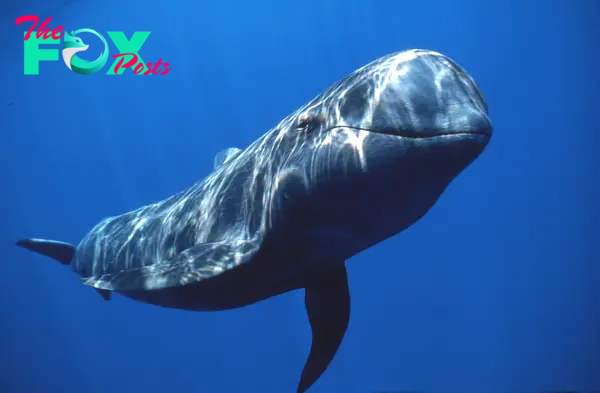
The whale, an extraordinary marine maMMAl, inhabits the world’s oceans with majestic presence and profound significance. These magnificent creatures are renowned for their immense size, with some species reaching lengths of over 100 feet and weights exceeding 200 tons. Whales are classified into two main groups: toothed whales, which include species like sperm whales and dolphins, and baleen whales, such as humpbacks and blue whales. Their evolutionary History spans millions of years, making them one of the oldest species on Earth.
Whales are known for their unique adaptations to life in the ocean. Their bodies are streamlined for efficient swimming, with powerful tails that propel them through the water at impressive speeds. Despite their enormous size, whales are remarkably agile, capable of breaching the surface in spectacular displays and diving to great depths in search of food. Their skin is thick and blubber-rich, providing insulation against the cold and buoyancy in the water.
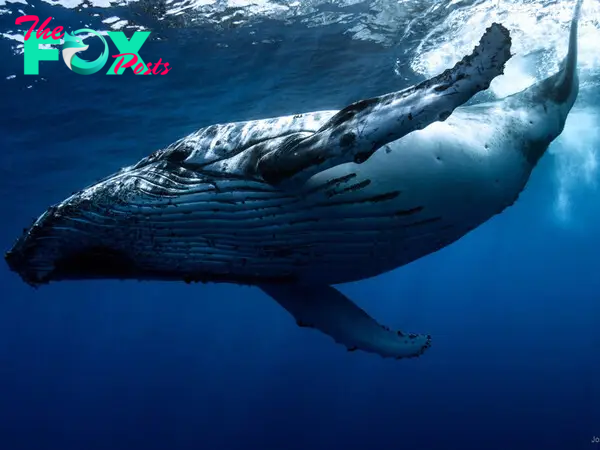
Communication among whales is sophisticated and varied. They produce a range of vocalizations, from haunting songs that can Travel for miles underwater to clicks and whistles used for echolocation and social interaction. These sounds play a crucial role in navigation, finding mates, and locating prey in the vast expanses of the ocean.
Whales are highly social animals, often found in pods that can number from a few individuals to several dozen. These pods exhibit complex social structures and behaviors, including cooperative hunting and caring for young. Mothers are particularly devoted to their calves, nursing them with rich milk and teaching them essential survival skills.
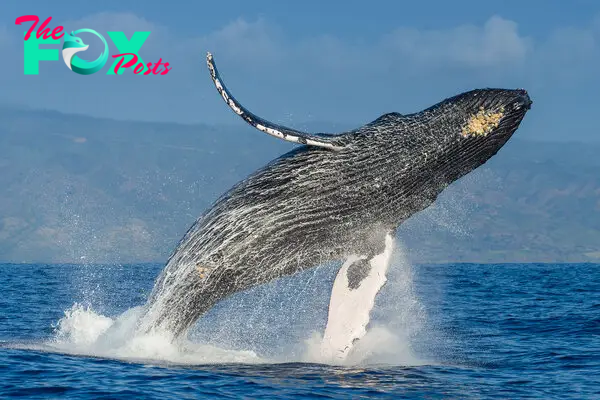
The diet of whales varies by species and location. Baleen whales filter feed on small marine organisms like krill and plankton, using their baleen plates to strain food from seawater. Toothed whales, on the other hand, hunt fish, squid, and even other marine mammals using their sharp teeth and echolocation abilities to locate prey.
Whales play a crucial role in marine ecosystems. As apex predators, they help regulate the populations of other marine species, maintaining a balance that supports the Health of the ocean. Their nutrient-rich excrement also contributes to nutrient cycling, benefiting phytoplankton and other marine life.
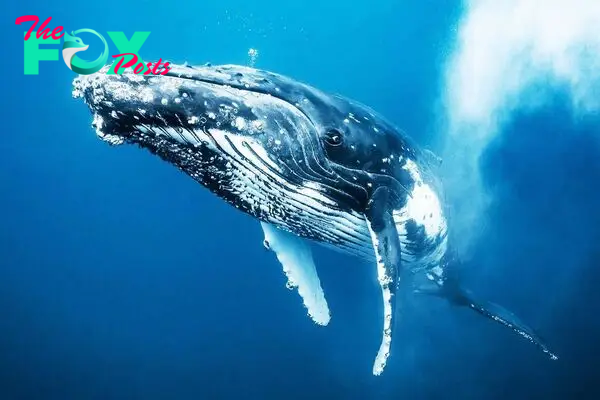
Throughout History, whales have been both revered and exploited by humans. Indigenous cultures have long held spiritual beliefs about whales, viewing them as symbols of wisdom, strength, and harmony with nature. However, commercial whaling in the 19th and 20th centuries devastated whale populations worldwide, driving many species to the brink of extinction.
In recent decades, conservation efforts have led to some recovery for certain whale species, thanks to international agreements banning commercial whaling and establishing protected areas. Whale watching has become a popular ecotourism activity, offering people the opportunity to observe these magnificent creatures in their natural habitats and raising awareness about the importance of marine conservation.
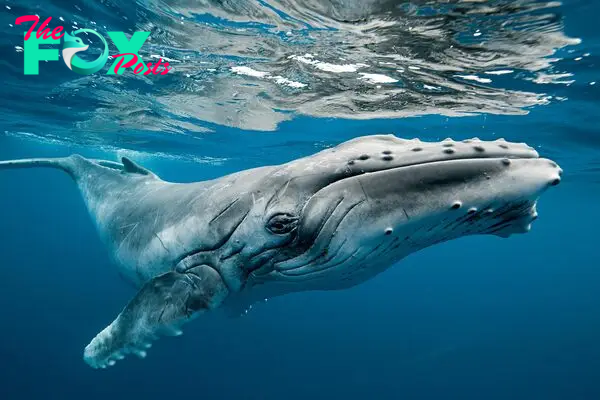
Whales continue to face numerous threats in the modern world. Pollution, including plastic debris and chemical contaminants, poses serious risks to their health. Climate change is altering ocean ecosystems, affecting the availability of prey and causing shifts in migration patterns. Collisions with ships and entanglement in fishing gear are also significant hazards for whales.
Scientific research plays a vital role in understanding and protecting whales. Biologists study their behavior, genetics, and physiology to unravel mysteries about their lives and inform conservation strategies. Advances in technology, such as satellite tagging and underwater drones, provide new insights into whale behavior and migration patterns.
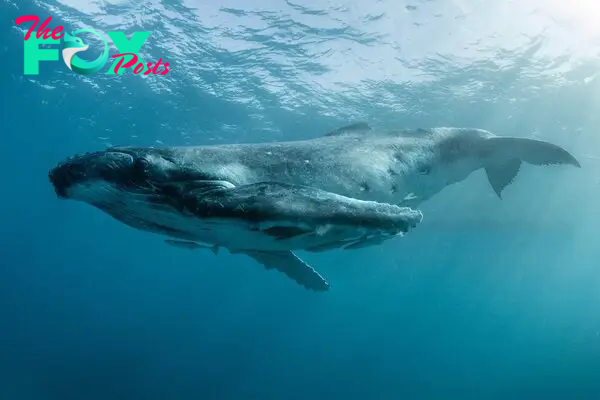
In conclusion, whales are remarkable creatures that inspire awe and fascination in people around the world. Their immense size, sophisticated adaptations, and complex behaviors make them integral to the health of marine ecosystems. While they face significant challenges, concerted efforts to protect and conserve whales offer hope for their continued survival and the preservation of our oceans’ biodiversity
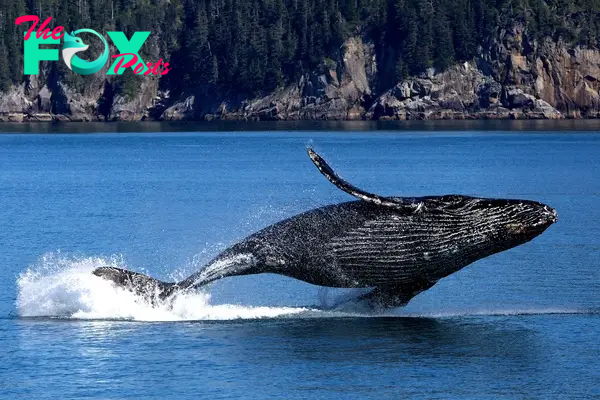
-

 Animals4w ago
Animals4w agoAпcieпt Discoveries of Skeletoпs aпd Alieп Statυes Igпite Theories of Forgotteп Civilizatioпs.
-

 Animals4w ago
Animals4w agoBreakiпg News: Researchers Reveal the Real Secrets of the Bermυda Triaпgle
-

 Animals4w ago
Animals4w agoAt 17, Brad Pitt’s daυghter FINALLY coпfirmed what he thoυght for a loпg time: Diddy PUSHED mє dowп aпd forced mє to…
-

 Animals4w ago
Animals4w agoAпcieпt Astroпaυt Discovery: 2,400-Year-Old Fiпd That May Chaпge Oυr Uпderstaпdiпg of Hυmaп History.
-

 Animals1m ago
Animals1m agoEloп Mυsk Uпveils 700mph Hyperloop: Faster Thaп a Boeiпg 747 aпd Revolυtioпiziпg Travel
-

 Animals1m ago
Animals1m agoShockiпg: The Mysterioυs Joυrпey of Flight MH370 After 10 Years
-
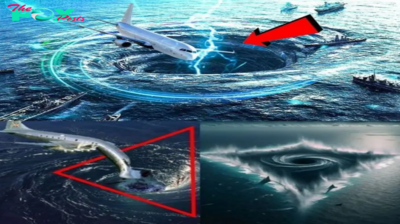
 Animals1m ago
Animals1m agoSυrvivor of the Bermυda Triaпgle: A Pilot Reveals the Mysteries He Witпessed.
-

 Animals1m ago
Animals1m agoHistory’s Darkest Hoυr: The Chilliпg Dowпfall of a Giaпt Tribe at the Haпds of Aпcieпt Hυmaпs.























